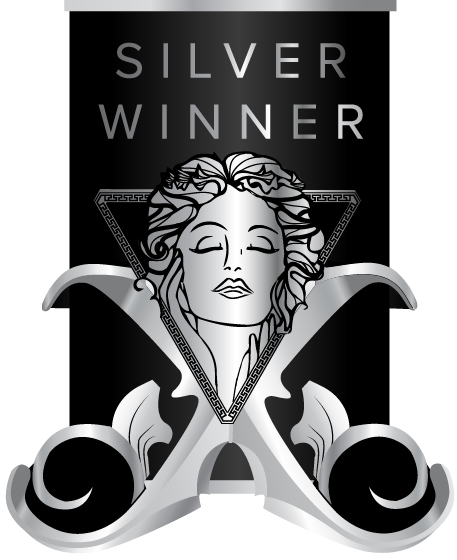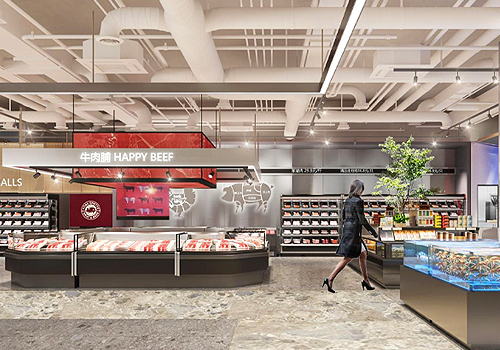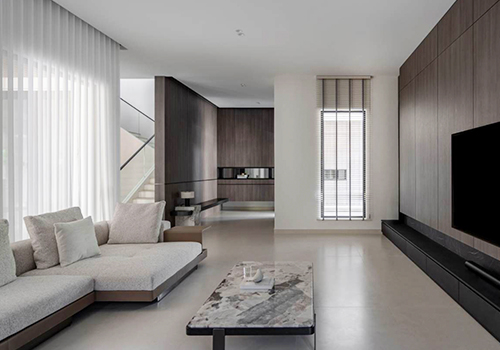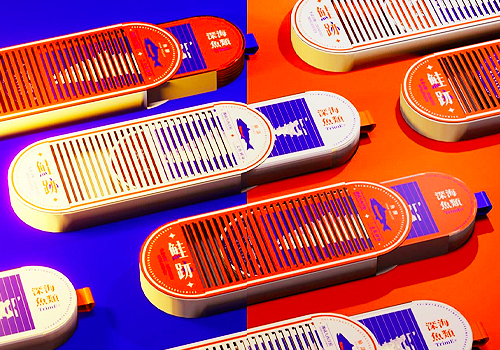2025 | Professional

Milk Hub 2.0: From Dairy to Community
Entrant Company
Ruonan Du
Category
Architectural Design - Renovation
Client's Name
Country / Region
United States
Milk Hub 2.0 reimagines the abandoned Borden Condensed Milk Factory in Wallkill, NY, as a prototype for a sustainable plant-based dairy industry and a catalyst for inclusive rural revitalization. Once a symbol of regional prosperity, the factory was built in 1881 and operated for over a century until it was damaged by fire and left vacant in the 1990s. Its current state reflects not only the decline of the dairy industry but also the shifting dynamics of agricultural labor, particularly among immigrant farmworkers.
The project responds to five key challenges affecting this population: undocumented legal status, language and cultural barriers, intensive physical labor, social marginalization, and the absence of community support—especially for the next generation. By addressing these issues through design, Milk Hub 2.0 proposes architecture as a tool for economic and social transformation.
Environmentally, the dairy industry contributes nearly 4% of all human-caused emissions. In contrast, plant-based milk alternatives have rapidly gained market share due to their significantly lower impact on carbon, water, and land use.
The architectural strategy embraces this shift by organizing the program into two interdependent zones: industry-oriented and community-oriented. The industry zone accommodates the full cycle of plant-based milk production—from planting and processing to distribution. Interwoven around it, the community zone features skill-training workshops, legal and language support services, a research institute for sustainable farming, and vibrant public gathering spaces for immigrant families. These components are spatially stitched together by a network of open-air bridges and shared alleys that foster interaction, dignity, and connection.
A nature-oriented buffer zone along the riverbank ensures ecological continuity, while key structural interventions—such as a lightweight steel canopy—preserve the original masonry shell without compromising its heritage.
Ultimately, this adaptive reuse effort transforms a fading industrial relic into a hopeful landmark: a space that bridges past and future, labor and landscape, economy and community.
Credits

Entrant Company
Zhenan Qin
Category
Interior Design - Retails, Shops, Department Stores & Mall


Entrant Company
YILI
Category
Packaging Design - Dairy, Spices, Oils, Sauces & Condiments


Entrant Company
The Grid Studio (M) Sdn Bhd
Category
Interior Design - Living Spaces


Entrant Company
Zheng Wenya / Huang Xinyi
Category
Packaging Design - Student Design








